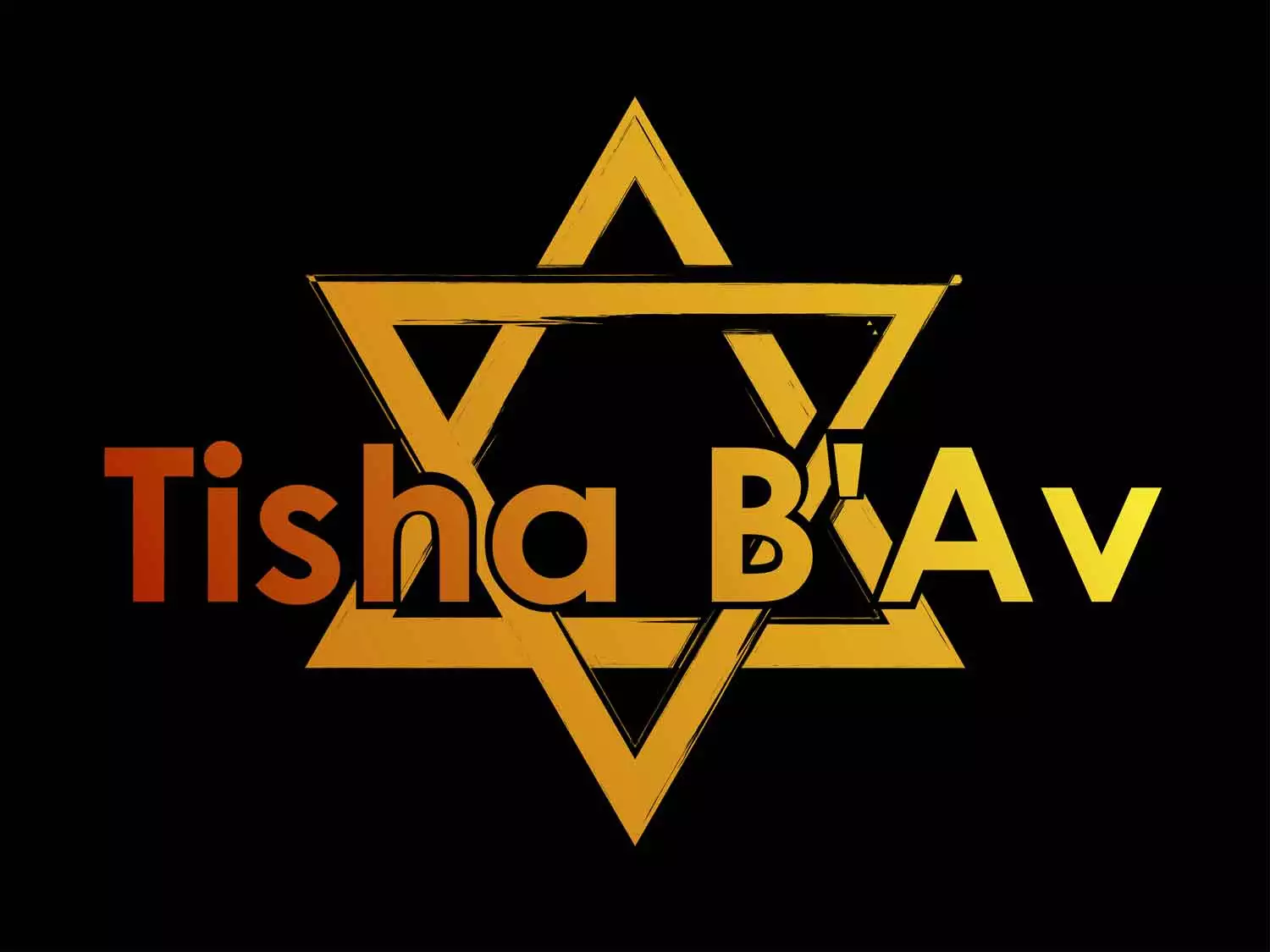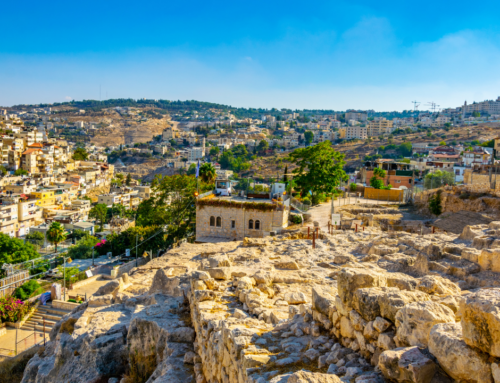Tisha B’Av is known as the saddest day on the Hebrew calendar. It marks the destruction of the Holy Temples, both the first temple during the time of King Solomon by the Babylonians and King Neuchadnezzar in 586 B.C. and the second Temple, during the time of Jesus that was destroyed by the Romans in 70 A.D. It has since also included other days of grief in history for the Jewish people, all which occurred on or around the same day.
When is Tisha B’Av
Tisha B’Av is actually just Hebrew for the date on the Hebrew calendar. Tisha means “nine” and B’ is “of” and Av is the eleventh month of the Hebrew calendar. Therefore, this is the ninth day of the month of Av. On the Gregorian calendar, this day falls in either July or August, depending on the year.
Tisha B’Av: Day Destined for Tragedy
While the destructions of the temples took place nearly 600 years apart, traditionally it is said that they happened on the same day. There is no actual historical documentation that this is the exact date, but it has been believed to be for thousands of years.
In 586 B.C., King Solomon’s Temple had been standing completed for 400 years. Many generations had been worshiping at the Temple as prescribed by God so when it was destroyed, it was generations of their culture, memories and history destroyed along with the Holy of Holies. It was a horrible time that left the Israelites “homeless” spiritually and physically as the event marked the first diaspora and the deportation of many Jews into slavery.
When the new temple was built just 70 years later, it brought new hope to the Jewish people and ushered in what is known as the Second Temple period. This Temple stood for another 500 years. It was rather modest until King Herod the Great, known for this building prowess, made it into a very grand structure more akin to the original built by King Solomon. It was even still operated during the Roman rule with Jewish authority over the Temple as Rome was historically known to allow the continued worship of local deities so long as Roman gods were also honored.
When the Jewish people began to rise up against their Roman occupiers in 66 A.D., that began to change. Rome had some degree of religious tolerance up to the point of political uprise. On August 30, 70 AD, the Temple was destroyed and the prophesy of Jesus predicting the destruction of the Temple came to pass.
Other Events Mourned on Tisha B’Av
While the destruction of the Temples is what is mainly mourned on Tisha B’Av, many other unfortunate, tragic, and disastrous events have occurred on that day.
What is known as the Five Calamities include the two Temple destructions but also include:
The Twelve Spies- The genesis of Tisha B’Av being a day of bad events begins when the twelve spies were sent to scout the Promised Land and all but Joshua and Caleb returned with a positive and encouraging report. The rest, along with the people as a whole, were afraid and doubted God’s ability to give them the land which resulted in God promising tears on this day for generations. (Mishnah (Taanit 4:6))
The Bar Kokhba’s Revolt- The Bar Kokhba’s Revolt had hoped to overthrow the Roman rule but instead, on August 4, 135 CE, the Romans destroyed the city of Betar and killed over 500,000 Jewish inhabitants.
The final event is after the Bar Kokhbar’s defeat, the Romans plowed the site down to further squash any hope of further uprising and put pagan worship on the mount instead.
Other Events on Tisha B’Av
While those five events are the main ones mourned for on Tisha B’Av, there are other days in history that have proven it to be a day of sadness for he Jewish people. These include but are not limited to:
- The expulsion of the Jewish people from England.
- The expulsion of the Jewish people from France.
- Germany’s entrance into World War 1, which led to the eventual rise of the Nazi regime.
- The “Final Solution” gained approval on Tisha B’Av in 1941, creating the Holocaust which killed 1/3 of the world’s Jewish population.
How Tisha B’Av is Observed
Mourning begins to a lower degree three weeks prior to Tisha B’Av. Many people will start by not holding celebrations like weddings, or will refrain from shaving, a common mourning practice.
As the days begin to advance, toward Tisha B’Av, some will begin to refrain from eating meat.
Tisha B’Av itself is a much more intense mourning. Fasting is done and you are not to wash, engage in sexual activity, wear leather or adorn oneself in any perfume or ointment.
While Tisha B’Av is not one of the most joyful days of the Hebrew calendar, it is an important one which leads one to reflect on how history and those who’ve gone before us affect us even thousands of years later.







